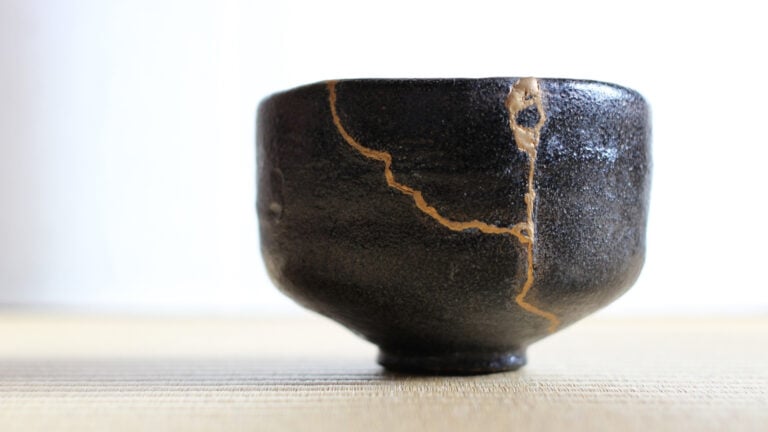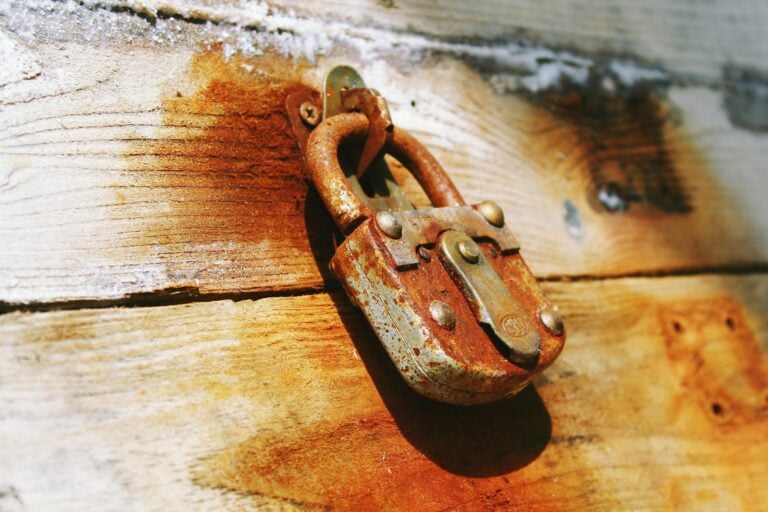Updated 5/10/2025
How to Understand the Patterns, Recognize the Red Flags, and Decide What Comes Next
Some couples break up and make up more often than they do laundry. It might feel dramatic and passionate, but here’s the truth bomb: on-again/off-again relationships aren’t just exhausting—they can do real emotional damage. Research shows that these roller-coaster dynamics increase anxiety and depression, lower satisfaction, raise conflict, and destabilize your sense of self.1 It’s not you—it’s the pattern. And it’s not benign.
So why do smart, capable people keep circling the same emotional block?
Let’s unpack the psychology of these relationships, the seductive role of sex, the turning points that either crack or cement commitment, and what you can actually do if you’re stuck in one.
⸻
Why Do We Keep Getting Back Together?
Researchers have identified five distinct types of on-again/off-again couples.2 Understanding your category can help you break the cycle—or use it as a chance to grow.
1. The Mismatched Couple
These partners genuinely care for each other, but can’t seem to align their lives. It might be clashing goals, values, or lifestyles. The love is real—but so is the incompatibility.
2. The Growth-Through-Transitions Couple
This pair uses breakups as a weird kind of personal development retreat. They grow during time apart and re-enter with new insight. The reunion is more intentional, not just emotional whiplash.
3. The Gradual Goodbye Couple
These couples take several tries to fully let go. Each round brings more clarity until, eventually, they part for good—with fewer regrets and greater closure.
4. The Unfinished Type
They never fully break up or stay together. These couples live in emotional limbo, tethered by habit or hope, but lacking clear commitment or closure.
5. The Power-Imbalance Couple
One person controls the timeline—when to leave, when to return. Often manipulative, this cycle can involve emotional coercion: guilt trips, grand romantic gestures, or crises (real or fabricated) used to re-establish control.
If you recognize yourself here, it’s not a label—it’s a lens. Awareness is the first lever toward change.
⸻
Yes, the Sex Is a Factor. A Big One.3
Make-up sex is more than just a steamy cliché. Studies show that 55% of on-again/off-again couples continue having sex after breaking up—compared to just 13% of couples who break clean. Even more surprising? These couples often describe the sex as better post-breakup: more fulfilling, more compatible, and—ironically—less emotionally complicated.
As Dua Lipa sings in her 3rd rule in New Rules,
“Three, don’t be his friend
You know you’re gonna wake up in his bed in the mornin’
And if you’re under him, you ain’t gettin’ over him”
But here’s the kicker: that same sexual chemistry often becomes the bridge to reconciliation, blurring clarity and reinforcing a cycle of false hope. If you’re wondering why it feels impossible to stay apart, your body might be writing checks your heart can’t cash.
⸻
Turning Points That Can Make or Break You
Life has a way of pressuring relationships into clarity. These events aren’t just milestones—they’re magnifying glasses.
Pregnancy and Children
Kids change everything. For many couples, the idea or reality of raising children together can temporarily smooth the rough edges. But be careful—it can also deepen the complexity of breaking up again later.
Career Crossroads
Whether it’s unemployment, a demanding promotion, or military service, career shifts test the strength of connection. Time constraints, distance, and stress can either expose cracks or forge stronger bonds.
Weddings, Holidays, and Family Events
Showing up (or not showing up) for big events says a lot about where someone sees your relationship going. These moments act like emotional barometers. Don’t underestimate the symbolic weight of a missing birthday gift or an invite that never came.
⸻
So… Why Stay?
It’s tempting to believe that passion equals promise, but when you’re in a cycle of breakups and reunions, it’s worth asking: What are we really holding onto?
Sometimes it’s shared history. Sometimes it’s fear. And yes, sometimes it’s still love. But love alone isn’t enough.
If you find yourselves stuck in a repetitive loop, here’s a three-step strategy that can bring clarity:
⸻
Step 1: Dive into the Issues
Sit down together with the intention to uncover—not just complain. Ask: What keeps driving us apart? Use structured conversation: 20 minutes each, uninterrupted. You’ll be amazed what rises when you feel safe enough to listen.
Step 2: Focus on the Positives
What keeps pulling you back together? Nostalgia? Values? Sex? Shared dreams? Name it. Explore it. Ask: Is this connection something that can sustain us—or is it just something that’s hard to quit?
Step 3: Know Your Limits
If there’s abuse, coercion, or emotional harm, it’s okay to end it. Actually, it’s more than okay—it’s healthy. But if it’s simply not working, draw a boundary based on clarity and mutual respect, not fear or inertia.
⸻
Final Thoughts: Commitment or Clarity?
On-again/off-again relationships aren’t inherently doomed—but they require courage, communication, and conscious choices. The goal isn’t to “make it work” at all costs. The goal is to know whether this relationship supports who you’re becoming—or whether it’s time to turn the page.
And if you’re still unsure? That’s what therapy is for. Even short-term couples can benefit from expert guidance to break destructive patterns before they become entrenched. A good assessment doesn’t just diagnose problems—it reveals the 31% you can change and the 69% you’ll need to learn to live with (or not).
Your relationship deserves more than drama. It deserves direction.
References
- Dailey, R. (2015). On‐Again/Off‐Again Relationships. In book: The International Encyclopedia of Interpersonal Communication. 10.1002/9781118540190.wbeic206.
- Dailey, R., Zhong, L., Pett, R., Scott, D. & Krawietz, C.. (2019). Investigating relationship dispositions as explanations for on-again/off-again relationships. Journal of Social and Personal Relationships. 37. 026540751986115. 10.1177/0265407519861156.
- Dailey, R., Zhang, Z., Kearns, K.. (2020). Exploring the role of sexual experiences in on‐again/off‐again dating relationships. Personal Relationships. 27. 10.1111/pere.12323.
- Dailey, R., LeFebvre, L., Brody, N. & Crook, B. (2013). Charting Changes in Commitment: Trajectories of On-Again/Off-Again Relationships. Journal of Social and Personal Relationships. 30. 1020-1044. 10.1177/0265407513480284.







